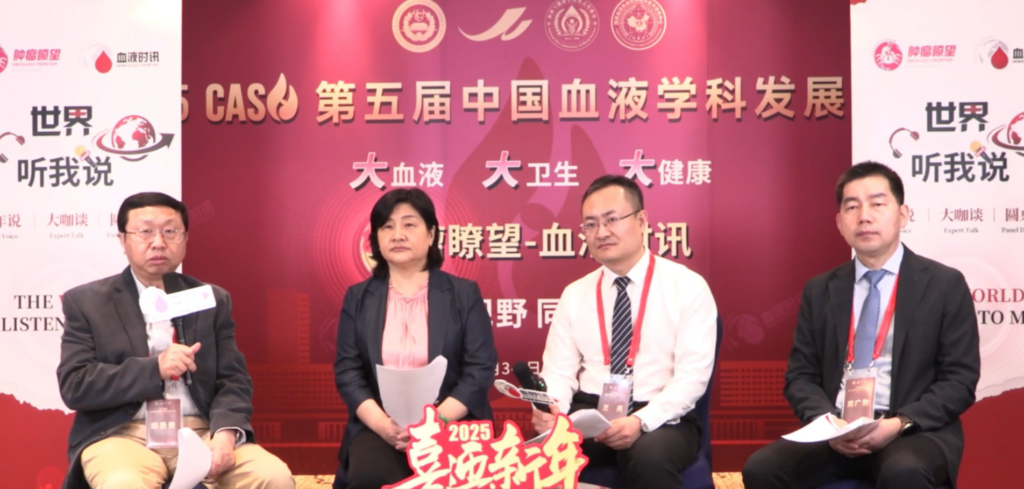World Leukemia Day: Building a Health Defense, Lighting the Flame of Life
September 4 marks "World Leukemia Day," an initiative launched by the Acute Leukemia Advocates Network, CLL Advocates Network, CML Advocates Network, and Leukaemia Care. The day is dedicated to raising global awareness about leukemia, promoting efforts in prevention, diagnosis, treatment, and recovery. Leukemia, often called "blood cancer," is a complex disease with high treatment costs and the risk of relapse, placing a heavy burden on many families. However, through awareness and action on this day, we aim to break the silence and helplessness, and collectively ignite a beacon of hope for leukemia patients.










